
In 1979 saxophonist/cornetist Joe McPhee met French reedist Andre Jaume in Paris to record this exceptional album of standards, drawing on works from Charles Mingus, Thelonious Monk, Duke and Ellington, and Ornette Coleman; melodic, poignant, emotional and insightful jazz.
In Stock
Quantity in Basket: None
Log In to use our Wish List
Shipping Weight: 4.00 units
EU & UK Customers:
Discogs.com can handle your VAT payments
So please order through Discogs
Sample The Album:
Joe McPhee-alto saxophone, tenor saxophone, pocket cornet, cornet
Andre Jaume-alto saxophone, tenor saxophone, bass clarinet
Click an artist name above to see in-stock items for that artist.
UPC: B01N5KR6W3
Label: Corbett vs. Dempsey
Catalog ID: CvsDCD031
Squidco Product Code: 22705
Format: CD
Condition: New
Released: 2016
Country: USA
Packaging: Cardboard Gatefold
Recorded in Paris, France on December 15th, 1979.
"Multi-instrumental master McPhee and his longtime colleague, French saxophonist and clarinetist Jaume, joined forces for this studio recording in 1979 that was prepared in its day but never released. It is primarily structured around pairs of tunes by Charles Mingus, Thelonious Monk, and Duke Ellington (or Billy Strayhorn), adding Ornette Coleman's "Lonely Woman" for good measure. The results are stunningly intimate and show the twosome's capacity for creative interplay at a fairly early stage in its unfolding. Mingus's "Pithecanthropus Erectus," which was performed by a larger group on Topology, gets pared down to its essential walking-bass-ness, while Monk's "Evidence" is taken apart, and solo spots by both men are riveting as one would expect. Part of CvsD's ongoing historical effort to unearth and reissue McPhee's important discography, this previously unknown recording will delight existing fans and positively magnetize new ones."-Corbett Vs. Dempsey

The Squid's Ear!
Artist Biographies
• Show Bio for Joe McPhee "Joe McPhee, born November 3,1939 in Miami, Florida, USA, is a multi-instrumentalist, composer, improviser, conceptualist and theoretician. He began playing the trumpet at age eight, taught by his father, himself a trumpet player. He continued on that instrument through his formative school years and later in a U.S. Army band stationed in Germany, at which time he was introduced to performing traditional jazz. Clifford Thornton's Freedom and Unity, released in 1969 on the Third World label, is the first recording on which he appears as a side man. In 1968, inspired by the music of Albert Ayler, he took up the saxophone and began an active involvement in both acoustic and electronic music. His first recordings as leader appeared on the CJ Records label, founded in 1969 by painter Craig Johnson. These include Underground Railroad by the Joe McPhee Quartet (1969), Nation Time (1970), Trinity (1971) and Pieces of Light (1974). In 1975, Swiss entrepreneur Werner X. Uehlinger release Black Magic Man by McPhee, on what was to become Hat Hut Records. In 1981, he met composer, accordionist, performer, and educator Pauline Oliveros, whose theories of "deep listening" strengthened his interests in extended instrumental and electronic techniques. he also discovered Edward de Bono's book Lateral Thinking: A Textbook of Creativity, which presents concepts for solving problems by "disrupting an apparent sequence and arriving at the solution from another angle." de Bono's theories inspired McPhee to apply this "sideways thinking" to his own work in creative improvisation, resulting in the concept of "Po Music." McPhee describes "Po Music" as a "process of provocation" (Po is a language indicator to show that provocation is being used) to "move from one fixed set of ideas in an attempt to discover new ones." He concludes, "It is a Positive, Possible, Poetic Hypothesis." The results of this application of Po principles to creative improvisation can be heard on several Hat Art recordings, including Topology, Linear B, and Oleo & a Future Retrospective. In 1997, McPhee discovered two like-minded improvisers in bassist Dominic Duval and drummer Jay Rosen. The trio premiered at the Vision Jazz Festival in 1998 but the concert went unnoticed by the press. McPhee, Duval, and Rosen therefore decided that an apt title for the group would be Trio X. In 2004 he created Survival Unit III with Fred Lonberg-Holm and Michael Zerang to expand his musical horizons and with a career spanning nearly 50 years and over 100 recordings, he continues to tour internationally, forge new connections while reaching for music's outer limits." ^ Hide Bio for Joe McPhee • Show Bio for Andre Jaume "Mainly known as a tenor player, French multi-instrumentalist André Jaume also excels on alto sax, flute, bass clarinet, and clarinet, his first instrument, and is one of the most emblematic figures of the French jazz scene. His warm and generous tone is his trademark and his career reflects his curiosity and open-mindedness. Classically trained, Jaume developed his interest for jazz going to dances where Sidney Bechet performed and listening to records. His interest quickly moved from Dixieland to more modern musicians, such as Charlie Parker, Duke Ellington, and John Coltrane. He attended the first French jazz school under the direction of Guy Longnon from 1966 to 1969. Social events of the late '60s and inroads made by free jazz encouraged him to find his own path rather than mimicking American artists. After playing with Barre Phillips in the early '70s, he created a duo with percussionist Gerard Siracusa, which soon evolved as a trio with the addition of Raymond Boni on guitar. Later, he joined Jeff Gilson's orchestra from 1976 to 1979. During that time, Jaume met saxophonist Joe McPhee at a festival in Nancy (France) and a long friendship ensued, punctuated by several albums, in particular Old Eyes & Mysteries and Oleo & a Future Retrospective. In the early '80s, Jaume put together an octet to fulfill his ambition to compose for string instruments. Through his association with McPhee, the saxophonist gave his first concerts in the United States in 1985. Although an already well-seasoned musician, Jaume seized this opportunity to write and ask Jimmy Giuffre to study arrangement and composition. Giuffre's positive response resulted in yet another fruitful collaboration with a string of concerts and recordings. It was also Giuffre who encouraged Jaume to resume playing the clarinet. In the '90s, Jaume entered a prolific and diverse period carrying on projects with Charlie Mariano, John Medeski, Charlie Haden, and Barry Altschul, as well as collaborations with musicians from Indonesia or Guinea. He also formed a working trio with guitarist Rémi Charmasson and Randy Kaye, Jimmy Giuffre's former drummer. Jaume retired from his faculty position at the Avignon Conservatory in 2001, hoping to focus entirely on his music. ^ Hide Bio for Andre Jaume
3/26/2025
Have a better biography or biography source? Please Contact Us so that we can update this biography.
3/26/2025
Have a better biography or biography source? Please Contact Us so that we can update this biography.
Track Listing:
1. Pithecanthropus Erectus 4:23
2. Self-Portrait In Three Colors 3:12
3. Evidence 8:37
4. Rue St. Jaume 6:07
5. Blue Monk 7:46
6. Chelsea Bridge 4:03
7. Come Sunday 4:39
8. Nuclear 13:25
9. Lonely Woman 4:14
Improvised Music
Jazz
Duo Recordings
NY Downtown & Jazz/Improv
Joe McPhee
European Improvisation and Experimental Forms
Melodic and Lyrical Jazz
Staff Picks & Recommended Items
Search for other titles on the label:
Corbett vs. Dempsey.

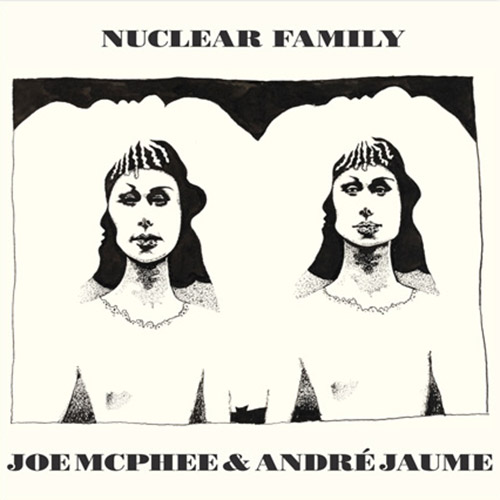

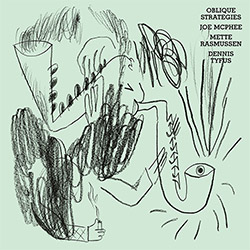

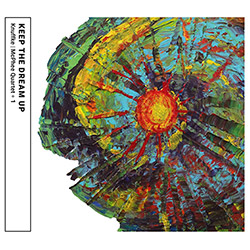
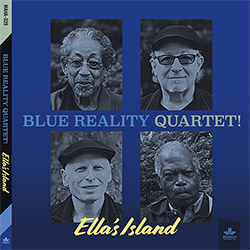
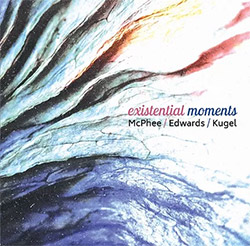




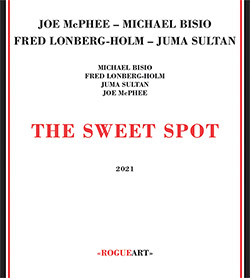
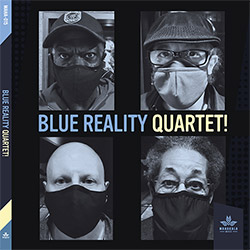

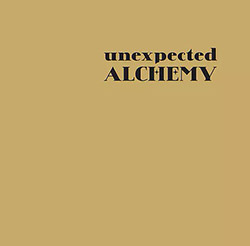
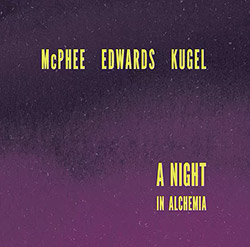

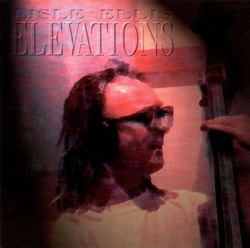

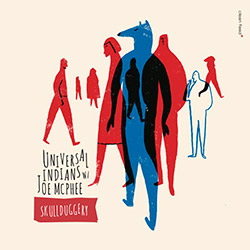
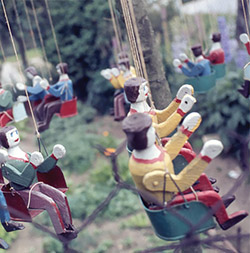
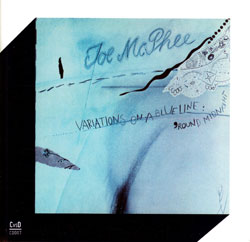
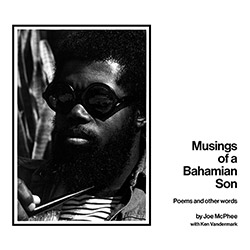

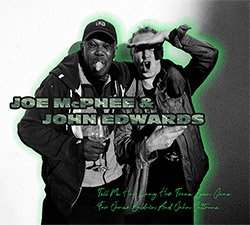







![Ackerley / Prymek / Turner: All Hope With Sleeping Minds [CASSETTE]](https://www.teuthida.com/productImages/misc4/35950.jpg)
![Myers, David Lee : Tin Drop Tear [BOOK w/ DOWNLOAD]](https://www.teuthida.com/productImages/misc4/36030.jpg)



![Schindler, Udo / Sandy Ewen / Damon Smith: Munich Sound Studies Vols. 4, 5 & 6 [3 CDs]](https://www.teuthida.com/productImages/misc4/35966.jpg)






![Turbulence Orchestra & Sub-Units: Smear Out the Difficulties (Double Live) [2 CDs]](https://www.teuthida.com/productImages/misc4/36048.jpg)
![Perelman, Ivo / Tyshawn Sorey: Paralell Aesthetics [2 CDs]](https://www.teuthida.com/productImages/misc4/35871.jpg)


![Sjostrom, Harri: SoundScapes #4 Festival Berlin 2023 [3 CDs]](https://www.teuthida.com/productImages/misc4/35874.jpg)

![Musicworks Magazine: #150 Winter 2024/25 [MAGAZINE + CD]](https://www.teuthida.com/productImages/misc4/36035.jpg)





![Glenn, Jordan: Flustered [CASSETTE]](https://www.teuthida.com/productImages/misc4/35948.jpg)


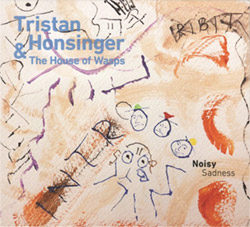
![Lindorff-Ellery, Evan: Church Recordings from Monhegan [CASSETTE]](https://www.teuthida.com/productImages/misc4/35949.jpg)
![Schindler, Udo / Werner Dafeldecker / Gunnar Geisse: Travelling Sound Images - Cognitive Transfers [Trio]](https://www.teuthida.com/productImages/misc4/35767.jpg)

![Egberth, Dennis: The Dennis Egberth Dynasty [VINYL]](https://www.teuthida.com/productImages/misc4/35549.jpg)


![Schindler, Udo / Rieko Okuda / Eric Zwang Eriksson: Disturbed Terrains [2 CDs]](https://www.teuthida.com/productImages/misc4/35330.jpg)
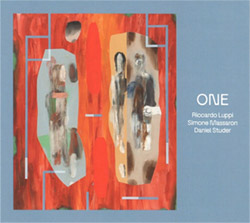
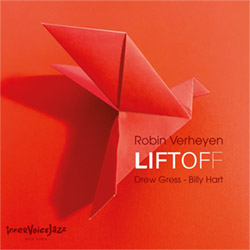
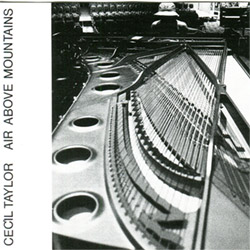


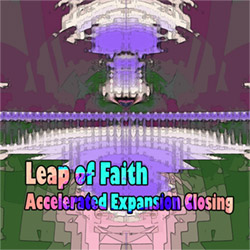
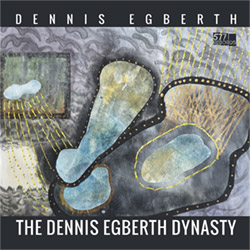
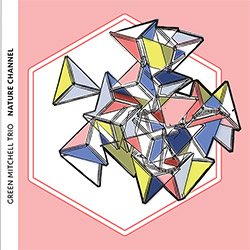

![Wolf Eyes / Anthony Braxton: Live At Pioneer Works, 26 October 2023 [VINYL]](https://www.teuthida.com/productImages/misc4/35839.jpg)




![Olencki, Weston : Pearls Ground Down To Powder [VINYL]](https://www.teuthida.com/productImages/misc4/35956.jpg)
![Myers, David Lee: Oculus [2CDs]](https://www.teuthida.com/productImages/misc4/35857.jpg)


![dustsceawung: dustsceawung [CASSETTE w/ Download]](https://www.teuthida.com/productImages/misc4/35753.jpg)




![Halls of the Machine: Atmospheres For Lovers And Sleepers [CASSETTE w/ DOWNLOAD]](https://www.teuthida.com/productImages/misc4/35806.jpg)



![AHC (Alexander Cooper): Lase [2 CDs]](https://www.teuthida.com/productImages/misc4/35754.jpg)



![Fagaschinski, Kai / Yan Jun : Graveyard Processions [VINYL w/ DOWNLOAD]](https://www.teuthida.com/productImages/misc4/35474.jpg)
![Brant, Cody / Carl Kruger: Smoke Detail [CASSETTE w/ DOWNLOAD]](https://www.teuthida.com/productImages/misc4/35551.jpg)







![Zorn, John / JACK Quartet: The Complete String Quartets [2 CDs]](https://www.teuthida.com/productImages/misc4/35609.jpg)

![Lonsdale, Eden: Dawnings [2 CDs]](https://www.teuthida.com/productImages/misc4/35480.jpg)







![Sanna, Claudio: Compositori Sardi Contemporanei II [2 CDs]](https://www.teuthida.com/productImages/misc4/35317.jpg)







![Zurria, Manuel: Fame di Vento [3 CDs]](https://www.teuthida.com/productImages/misc4/35167.jpg)

![Granberg, Magnus / Nattens Inbrott / Skogen: Holde Traume, Kehret Wieder! [2 CDs]](https://www.teuthida.com/productImages/misc4/35038.jpg)

![Electric Bird Noise / Derek Roddy: 8-10-22 [CD EP]](https://www.teuthida.com/productImages/misc4/35970.jpg)








![Elephant9 : Mythical River [VINYL]](https://www.teuthida.com/productImages/misc4/34624.jpg)



![Elephant9 with Terje Rypdal: Catching Fire [VINYL 2 LPs]](https://www.teuthida.com/productImages/misc4/35355.jpg)
![Deerlady (Obomsawin, Mali / Magdalena Abrego): Greatest Hits [VINYL]](https://www.teuthida.com/productImages/misc4/34876.jpg)







![Surplus 1980: Illusion of Consistency [CD]](https://www.teuthida.com/productImages/misc4/35069.jpg)
![Staiano, Moe: Away Towards the Light [VINYL + DOWNLOAD]](https://www.teuthida.com/productImages/misc4/35037.jpg)



![Caveira (Gomes / Sousa / Abras / Ferrandini): Ficar Vivo [VINYL]](https://www.teuthida.com/productImages/misc4/34643.jpg)
![Coley, Byron: Dating Tips for Touring Bands [VINYL]](https://www.teuthida.com/productImages/misc4/17906.jpg)

![Lost Kisses: My Life is Sad & Funny [DVD]](https://www.teuthida.com/productImages/misc4/lostKissesDVD.jpg)